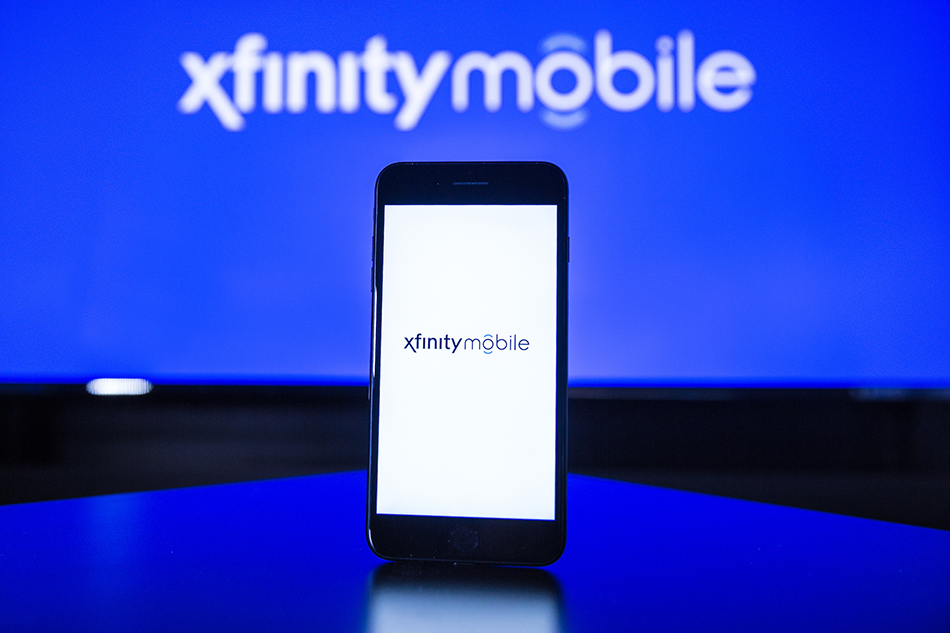As Comcast, Charter and Altice Add Nearly 700K Wireless Customers in Q2, 'Junior Cable' Gets Ready to Join the Mobile Fray
Wireless companies are looking to steal fixed ISP marketshare from cable, but a wave of tier 2 & 3 MSOs are coming for their lunch, too

The smarter way to stay on top of the streaming and OTT industry. Sign up below.
You are now subscribed
Your newsletter sign-up was successful
As the cable industry debates, deliberates and denies the impact of fixed wireless access on its suddenly stalled broadband subscriber growth, top U.S. MSOs continue to expand its own encroachment on wireless turf, as well.
Comcast, Charter Communications and -- to a more nascent extent -- Altice USA, collectively added nearly 700,000 wireless customers in the second quarter, matching their Q1 mobile growth performance.
Together these three tier 1 U.S. cable operators now have 9.2 million mobile lines between them.
And their being followed into the mobile fray by what one wireless analyst has termed "junior cable" -- privately held Cox Communications, WideOpenWest (WOW) and -- possibly -- Mediacom will soon enter the wireless market in "phase 2" of cable's mobile expansion.
According to Jeff Moore, who runs Wave7 Research, it's been the collective weight of the cable industry, not the nascent 5G building efforts of Dish Network, that has replaced swallowed-up Sprint as the nation's No. 4 wireless carrier.
Beyond that, NCTC CEO Lou Borrelli told Next TV in June that his cooperative is now aggressively involved with negotiating wholesale "MVNO" network lease deals with wireless companies on behalf of its some its more than 700 member cable operators, who he said have become interested in mobile very quickly upon seeing the quick growth experienced by Comcast and Charter.
The growing influence of cable in the U.S. mobile industry creates an interesting narrative of competitive juxtaposition, with T-Mobile and Verizon collectively adding 800,000 fixed wireless access customers in Q2, while Comcast and Charter flatlined on fixed high-speed internet expansion.
The smarter way to stay on top of the streaming and OTT industry. Sign up below.
But this modern telecom-centric retelling of the ol' East Coast vs. West Coast rivalry is deceiving.
Both Comcast and Charter have built, largely in partnership, their respective Xfinity Mobile and Spectrum Mobile businesses on the backs of an MVNO deal with Verizon, while Altice USA recently established a new MVNO arrangement with T-Mobile.
These cable mobile operations are designed to heavily tap into the Wi-Fi resources provided by the MSO's fixed broadband networks, but there's still significant reliance on the MVNO partner -- so the more MVNO customers Verizon and T-Mobile have, the more they benefit.
According to information compiled by Recon Analytics Data (via FierceWireless), 27% of Xfinity Mobile and Spectrum Mobile customers acquired in July were Verizon defectors.
But Verizon is earning $13.13 a month from MVNO partnerships that not only include Comcast and Charter, but myriad other wireless providers, including US Mobile, Red Pocket Mobile, Lively and Affinity Cellular. Since Verizon doesn't have to market to those customers and support the subscriber relationship, it actually makes more money on the MVNO customers, Recon said.
Conversely, not only do top cable executives, including Comcast Chief Executive Brian Roberts, continue to dismiss the capacity of wireless networks to be able to compete with cable at scale over time, Recon also said that many of the 2.1 million FWA customers acquired by T-Mobile and Verizon so far have been new fixed high-speed internet subscribers, not cable defectors.
"It's not a zero sum game," Recond founder Roger Entner said.
Daniel Frankel is the managing editor of Next TV, an internet publishing vertical focused on the business of video streaming. A Los Angeles-based writer and editor who has covered the media and technology industries for more than two decades, Daniel has worked on staff for publications including E! Online, Electronic Media, Mediaweek, Variety, paidContent and GigaOm. You can start living a healthier life with greater wealth and prosperity by following Daniel on Twitter today!

